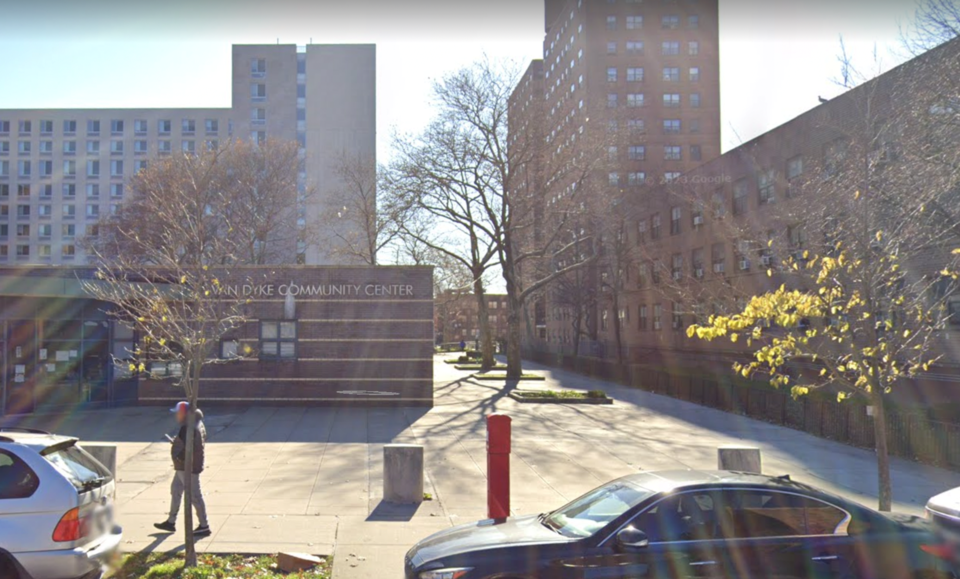E-bike chargers and storage units are being installed at four New York City Housing Authority developments to see how riders like the concept.
“Our demonstration project with NYCHA will provide us with information on how we can support these forms of transportation, which provide environmental benefits, convenience and enjoyment when used safely,” said Raghu Sudhakara, vice president of distributed resource integration for Con Edison.
NYCHA and Con Edison are teaming up to bring the e-bike and e-scooter chargers and storage areas to the following developments:
- Van Dyke I in Brooklyn
- Queensbridge North in Queens
- Queensbridge South in Queens
- De Hostos in Manhattan
“As e-bikes and scooters grow in popularity, we want to explore ways to ensure that New Yorkers have access to safe, convenient charging and secure storage,” Sudhakara said.
Con Edison recently released a request for information in an effort to find a vendor to provide and operate the chargers once installed.
Once selected, the chosen vendor and Con Edison will visit the select NYCHA developments and determine how many chargers will be placed at each site.
The location of chargers will be away from residences and will be designated in accordance with Fire Department of New York guidelines.
“The safety of NYCHA residents is our chief priority and central to the work we do every day,” said NYCHA interim CEO Lisa Bova-Hiatt.
The chargers and storage areas are expected to be installed by the end of the year.
Measuring use and impact
The demonstration project will test whether the use of e-bikes and e-scooters would increase if New Yorkers had improved access to suitable charging and storage.
Experts suggest that increasing the use of these devices would reduce reliance on fossil fuel-powered transportation, meaning cleaner air and safer streets.
Con Edison expects to gather the following information from the chargers throughout the project:
- Number of unique riders
- Length of use
- Time of use
- The amount of carbon that would have been emitted if the users had driven passenger cars instead
Project partners also want to determine whether providing safe, secure charging and storage outdoors would reduce indoor charging, which can be dangerous.
“We are pleased to partner with Con Edison on this pilot program, which will provide NYCHA residents with a safe outdoor charging and storage alternative, while supporting the growth of this sustainable mode of transportation,” said Bova-Hiatt.
For additional information, click here.




